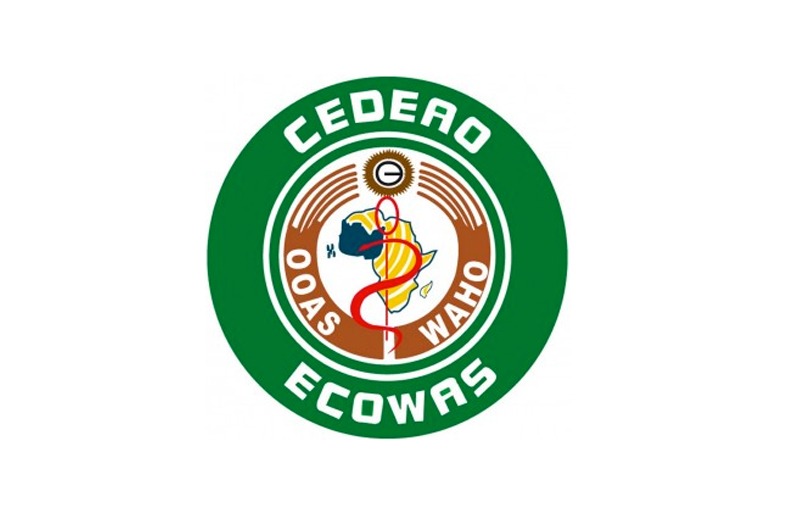A country neighboring seven West African states, Mali has been conflict-ridden since 2012. It all began with the rebellion of the ethenic Touareg fighters who spearheaded widespread protest in the northern part of the country.
The rebellion was suppressed by military forces who seized the northern territories and post that by the French militia, in 2013. President Ibrahim Boubacar Keita also assumed office the same year, with people looking up to him to salvage the local outcry from colonial suppression.
But people felt deceived as since then numerous armed factions have made their way to central Mali and neighbouring Burkina Faso and Niger, escalating the ethnic tensions. Loss of life has been unprecedented ever since and eight years post the rebellion ethnic killings have become the order of the day. The government has been unable to exercise control over large parts of the country of about 19 million people.
Recent weeks have witnessed massive mass protests in Mali’s capital, Bamako, where the predominant demand is the resignation of President Keita. A few days ago the leaders of Ghana, Ivory Coast, Niger, Nigeria and Senegal held a meeting with the Malian President Ibrahim Boubacar Keita and the primary stakeholders in the opposition who are heading the protest movement demanding his resignation, in Bamako. The meeting however culminated in a deadlock with no decision taken.
The agitation over the president’s desired departure gained traction after his re-election in 2018 for a second term, where he failed to maintain security and restore stability in the region. The conditions got further aggravated by the coronavirus emergency, parliamentary elections, and a recent strike by teachers. Mali, listed as one of the world’s most impoverished countries, has recorded 2,005 COVID-19 infections, 112 related deaths and 1,354 recoveries.
Nigerien President Mahamadou Issoufou, who is also who is also the current chair of Economic Community of West African States, ECOWAS said that the West African regional bloc will meet virtually on 27th July to deliberate upon the political crisis in Sahel. Issoufou addressed the press saying, “We have decided that we will report back to all the heads of state during an extraordinary meeting on Monday July 27.”
It was informed that the leaders will try to propose a course of action to dispel the intensifying political quandary in Mali that couldn’t be achieved in Bamako on Thursday. Issoufou said that ECOWAS set a stopping point on President Keita’s resignation. “There will be no unconstitutional change of power in the ECOWAS region,” he said.
On the other hand, the Institute for Security Studies think-tank raised an alarm over an “unfavourable prejudice” for the local leadership and accused them of furthering their own selfish interests. Referring to the ECOWAS virtual summit, the think-tank opined that, “The search for solutions will have to take into account the need to improve the daily lives of Malians.”
Last week, an ECOWAS mission led by the former Nigerian president, Goodluck Jonathan, had suggested organising a national unity government which would incorporate opposition members and civil society groups. It had also proposed that the Constitutional Court, which was dissolved “de facto” by Keita in an attempt to suppress unrest, should appoint new judges. But the June 5 movement rejected all the proposals as the protestors remained steadfast in their demand of Keits’s stepping down as the president.









